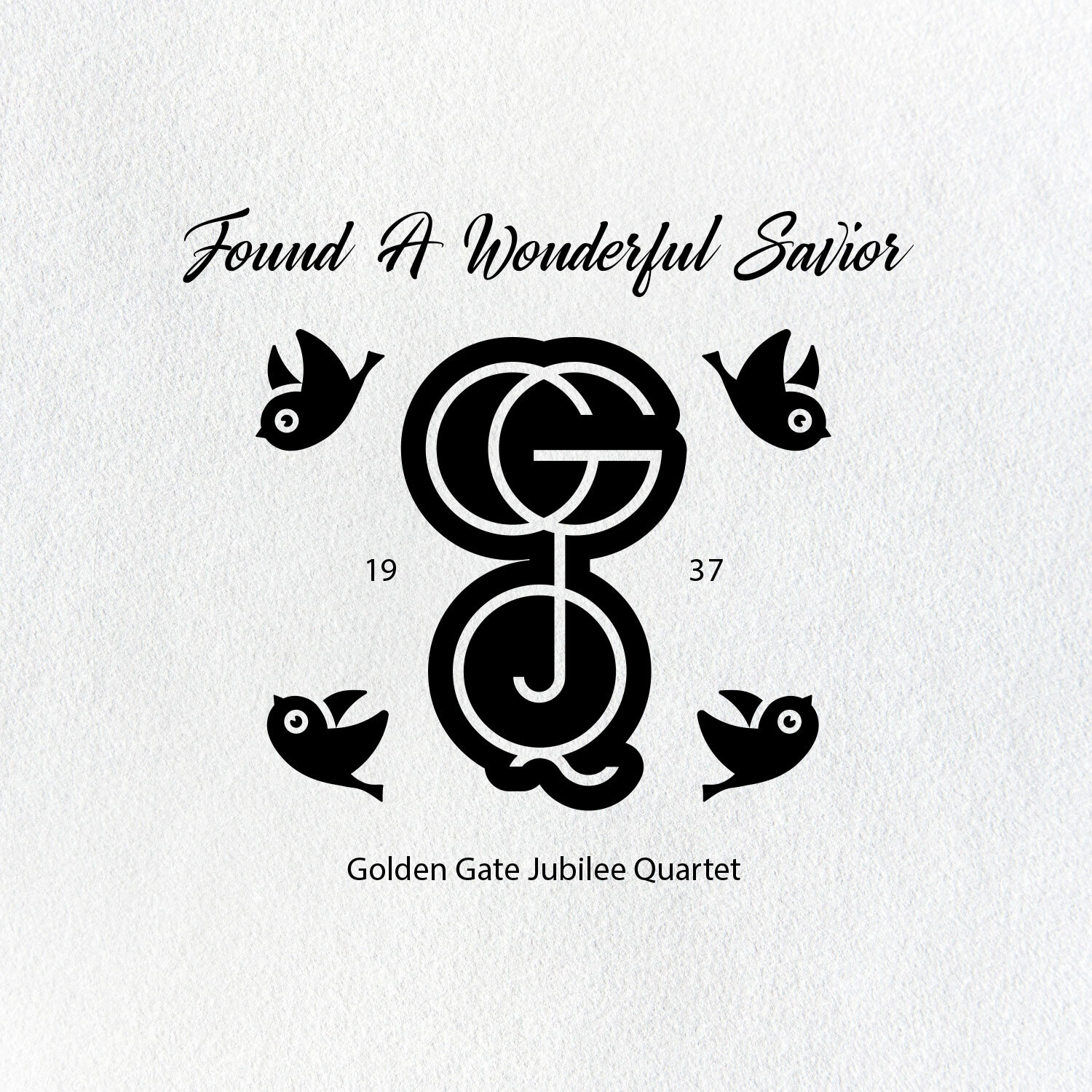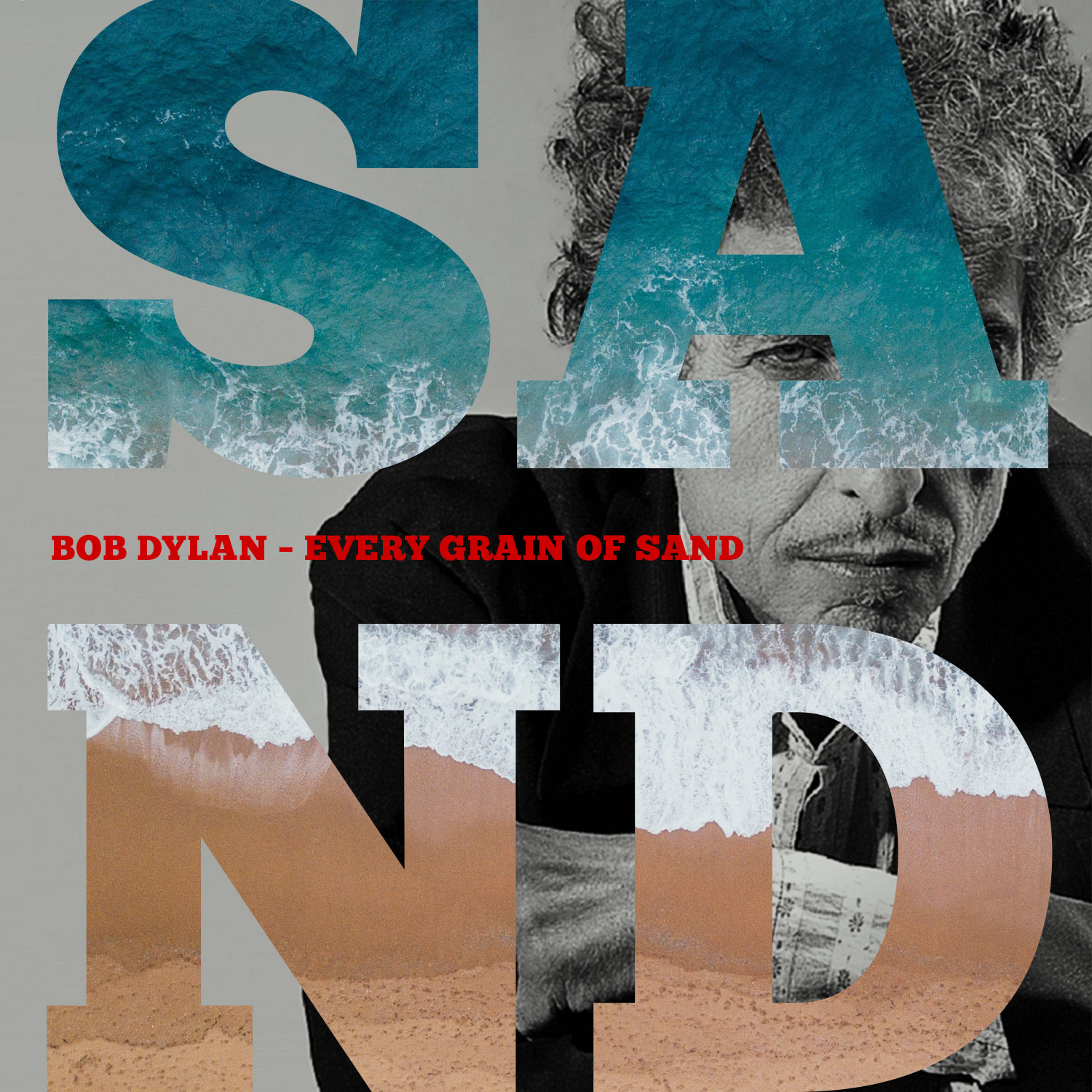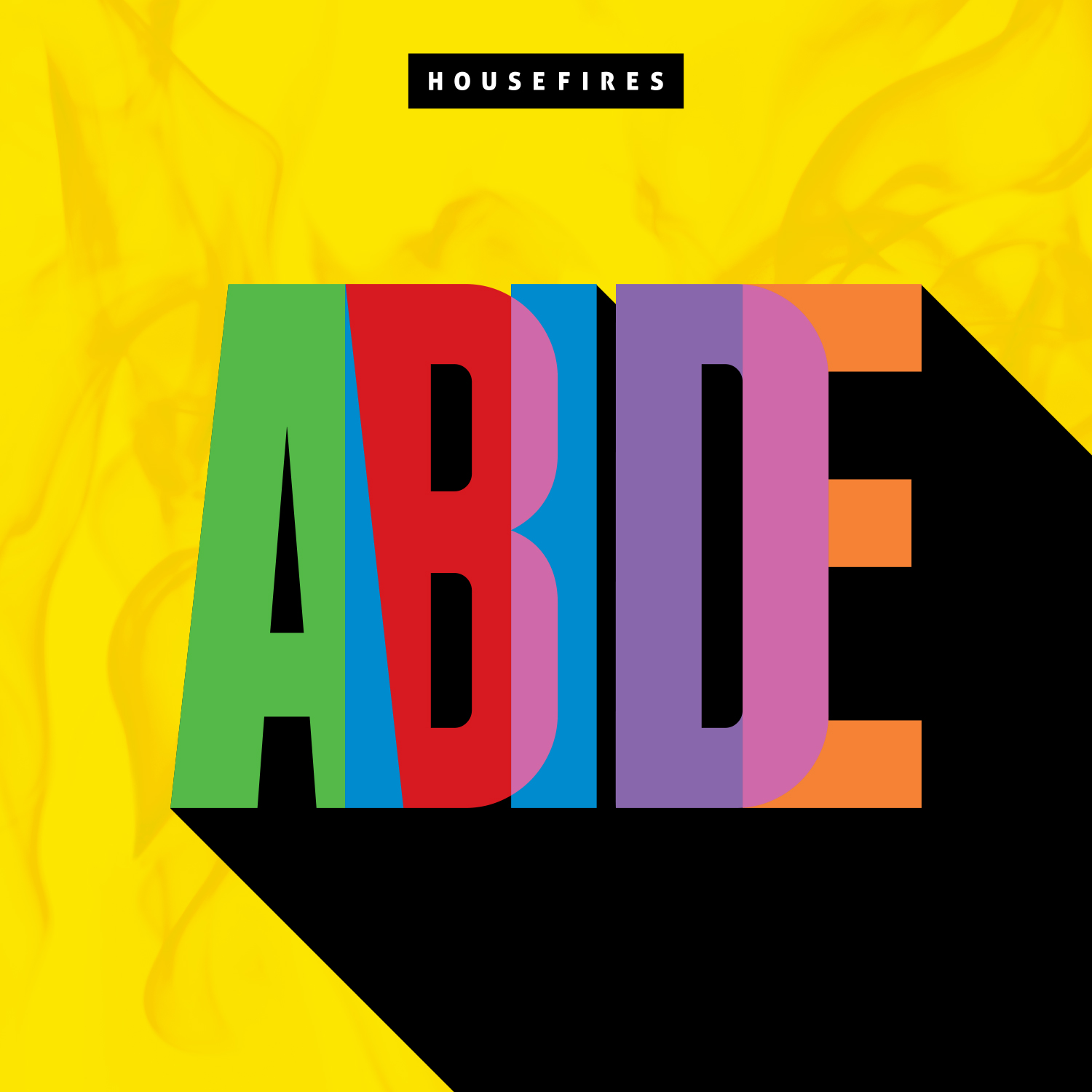While some wouldn't consider this popular hymn a true Christmas Carol because its’ stanzas refer more to the second coming of Jesus Christ than to his birth. Nonetheless, it has remained one of the most-published Christmas songs in North America. Isaac Watts based the text on Psalm 98, 96:11–12 and Genesis 3:17–18 with the lyric, “Let earth receive her King; let every heart prepare Him room,” encouraging the listener to receive Jesus Christ as both Savior and King.
Joy To The World was first published in 1719 in Watts’ collection of poems entitled, The Psalms of David: Imitated in the language of the New Testament, and applied to the Christian state and worship. Intended as a paraphrase of his Christological understanding.
A century later a Boston music teacher named Lowell Mason discovered the poem and set it to music. Because he released this song at Christmas, it quickly became a holiday favorite.
© Helpful Creative
Sources: The Complete Book of Hymns + Wikipedia + CBN




















